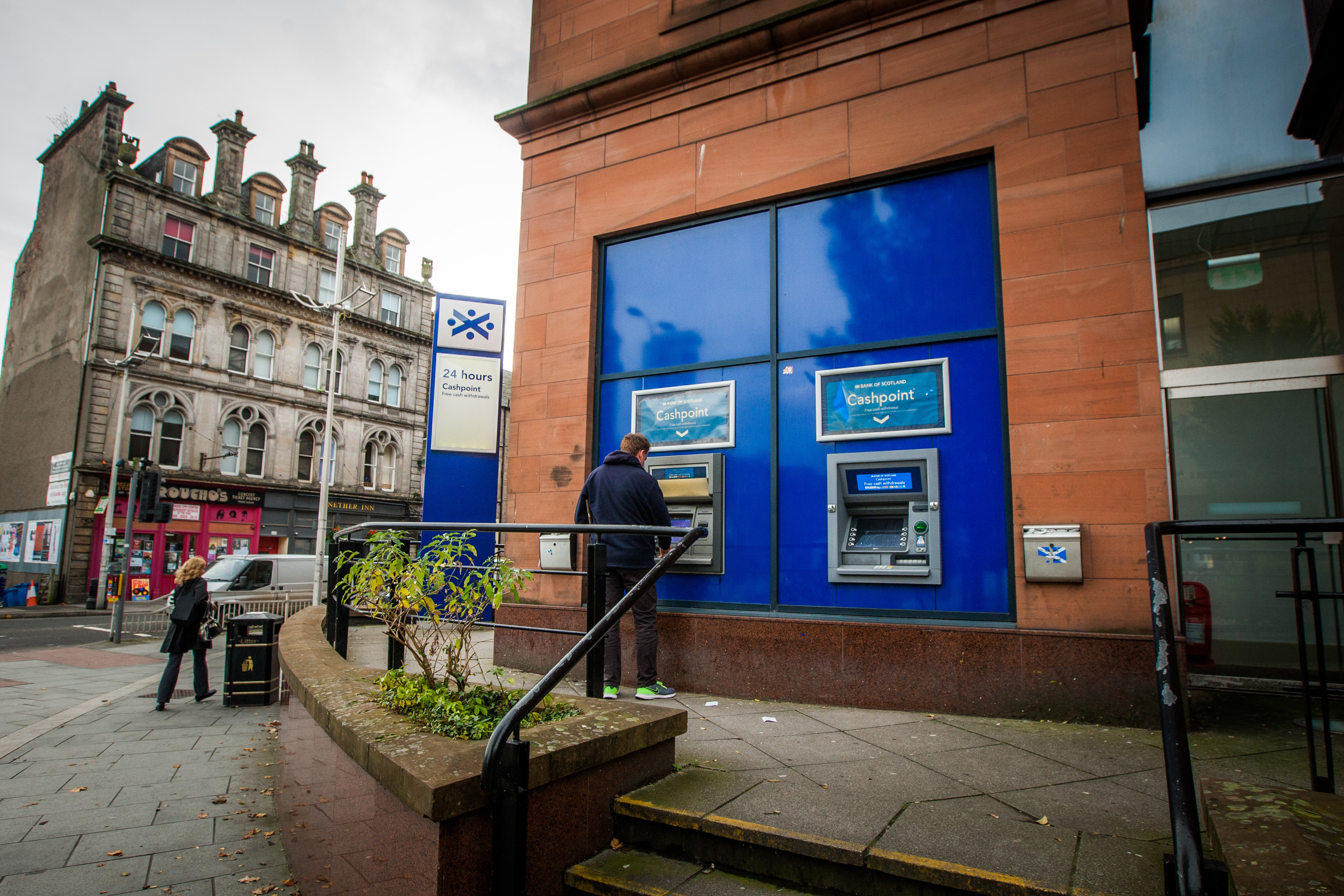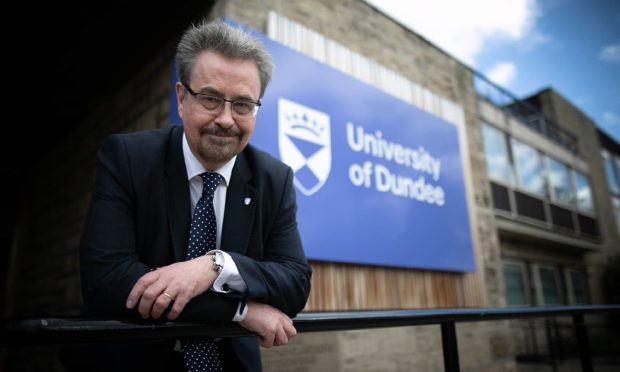A Dundee branch of the Bank of Scotland has been criticised for reportedly handing out £50 notes which are no longer considered legal tender.
A local businessman claims he received a Bank of England £50 note from the West Marketgait branch, despite it being withdrawn from circulation in April 2014.
When the man tried to use the note in a local supermarket, it was rejected by the till assistant who told him it had been withdrawn.
The man, who wishes to remain anonymous, claims he later returned to the bank where a member of staff checked the note but told him it was still legal tender.
He said when he tried to use the note again in the supermarket, it was refused once more.
Finally, seeking clarification, he says he revisited the bank where he was again told to keep the money as it was still legal tender.
According to the Bank of England, withdrawn notes can only be returned by post, or by delivering it in person in central London – a journey of approximately 479 miles from Dundee.
However, a spokesman for the Bank of Scotland said it would exchange the note with the customer in question.
He added: “Bank of Scotland continues to exchange Houblon £50 notes, in the same way it does any other UK banknote which is no longer in circulation.”
A Bank of England spokeswoman said they would not comment on individual cases.
The note in question shows a portrait of Sir John Houblon on the reverse. The £50 note featuring Matthew Boulton and James Watt on the reverse, first issued in to circulation in November 2011, still has legal tender status and can be used normally.
At the end of October 2014, there were approximately 38 million Houblon £50 banknotes still in circulation, worth around £1.9 billion.
The Bank of England says the number still in circulation today is high because the £50 denomination is not typically used for day-to-day transactions, and is more generally hoarded or used to satisfy tourist foreign exchange demand.
The withdrawal was well publicised at the time, with a three month warning issued by the Bank of England before the notes were formally withdrawn.










